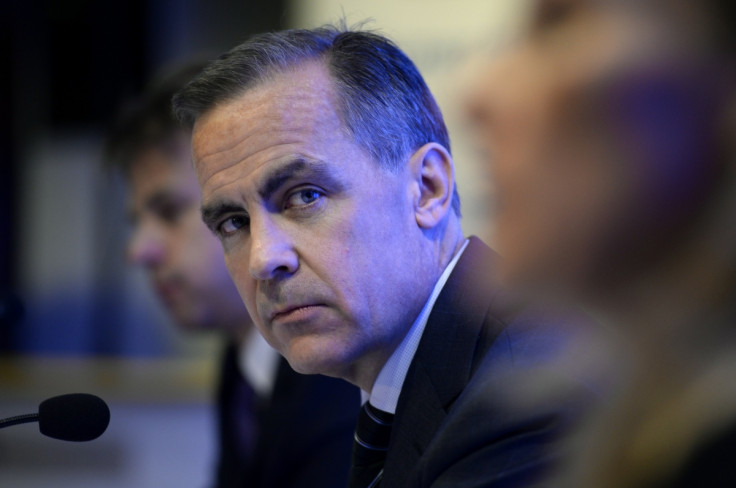BoE: UK Unemployment Rate Will Hit 7% Threshold 'Materially Earlier' than Expected

Bank of England policymakers expect the UK unemployment rate to fall to their 7% forward guidance benchmark "materially earlier than previously expected".
The BoE set a 7% unemployment rate as the threshold at which it will consider hiking interest rates and tighten monetary policy, though this is not an automatic trigger to lift the base rate from its record-low of 0.5%.
It had forecast this to happen in early 2015, but a rapidly improving UK economy has seen the unemployment rate fall more quickly than economists thought it would. In the three months to November, the UK unemployment rate dropped to 7.1%, a 0.3% fall.
According to the Bank of England's minutes from its January meeting of the monetary policy committee (MPC), this may not mean as strong a labour market as it appears.
"The relative success of the long-term unemployed in finding jobs suggested that labour market slack might not have been eroded as much as the fall in the headline unemployment rate appeared to imply," said the minutes of the meeting which was led by Governor Mark Carney.
MPC members were bearish about the idea of raising rates a lot earlier than they had expected to.
"The Committee noted that while the recovery was becoming more firmly entrenched, productivity growth had been disappointing, and unemployment had fallen faster than expected," said the minutes.
"Inflation had returned to the 2% target, however, and cost pressures were subdued. Members therefore saw no immediate need to raise Bank Rate even if the 7% unemployment threshold were to be reached in the near future.
"Moreover, it was likely that the headwinds to growth associated with the aftermath of the financial crisis would persist for some time yet and that inflationary pressures would remain contained.
"Consequently when the time did come to raise Bank Rate, it would be appropriate to do so only gradually."
Frances O'Grady, secretary general of the Trades Union Congress (TUC), said an early rate hike would threaten the UK's economic recovery.
"It's encouraging to see another big fall in unemployment, particularly amongst young people who until now haven't benefited from rising job levels," she said.
"But while headline unemployment is within a whisker of the Bank's forward guidance threshold, an early interest rate rise would clobber mortgage holders and businesses – jeopardising our economic recovery.
"Patchy levels of jobs growth in parts of the north and the continuing squeeze on living standards should make the Bank of England think twice before considering a rate raise."
© Copyright IBTimes 2025. All rights reserved.






















